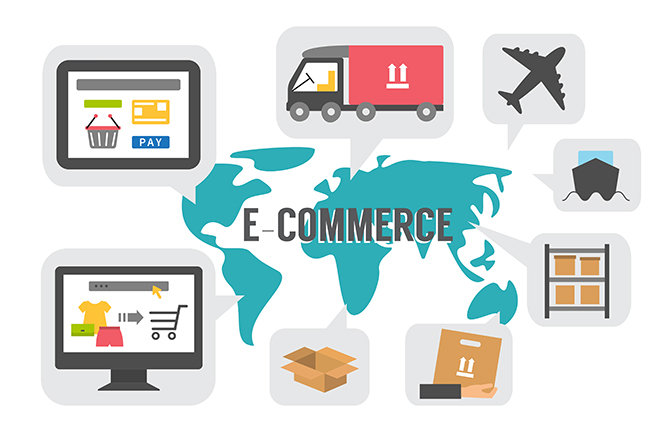A new report from DHL eCommerce MoneyAfrica research partner, Forrester, has identified five key success factors that e-commerce businesses need to strategically plan for as they launch or expand their organisations.
Having the right people, the right organisational structure and an innovative idea for online sales is largely what defines a successful organisation. To flourish in the age of the customer, digital business professionals will need to tackle digital business transformation in order to increase their value to their customers and remain responsive to an ever-changing marketplace.
“The most successful retail e-commerce organisations share five key leadership characteristics that positively impact their businesses,” explains Ananda Chakravarty, senior Forrester analyst and lead author of the report, The Five Key Success Factors of Every Digital Business.
“These characteristics include the e-commerce offering, competitive marketing differentiation, a skilled e-commerce team, technology resources and capabilities, and strong executive support. The first two are critical to any core strategic plan; the latter three are closely tied to the organisational structure of the firm.”
Looking at the retail space, Forrester believes that an e-commerce strategy plan should:
1. Offer functionality which meets distinct customer needs. Some examples of this include: providing inventory visibility online and in-store, ensuring that retailers aren’t missing out on a potential sale; testing new merchandising with online customers, before rolling it out to bricks-and-mortar stores; and testing new ways to sell and deliver products. At the outset, digital leaders should identify what business they’re in, establish why online could be profitable for the business and assess the customer-led market opportunity.
2. Have a plan to differentiate yourself. Some retailers have built digital solutions which allow customers to choose specific sales assistants and which allows them to browse together. Others allow their products (such as shoes) to be customised online, providing a bespoke product to each customer.
3. Staff your business with ‘digitally fluent’ employees. Attracting and retaining skills in a digital world is an ongoing challenge. Businesses must ensure they have sufficient staff to service key functions such as merchandising, marketing, fulfilment, customer service, and business technology. Digital leaders will need to plan both budgets and internal growth strategies to ensure this is possible.
4. Nurture technology partnerships. Successful digital leaders are allocating a growing portion of their budget to new innovation and technology. A large part of this budget is going towards building technology execution teams, toolkits, and support/service partners. Understanding and nurturing a technology support structure will assist in filling internal gaps and improving delivery capabilities.
5. Build C-level support. Having support at the highest, decision-making level will assist digital leaders to deliver on their strategy. It will also assist in securing the necessary budget and the resources to ensure successful delivery on their strategy.
The report acknowledges that creating a successful e-commerce strategy is neither easy, nor cheap. Forrester suggests that digital leaders develop an iterative planning cycle and an ongoing business map. The best companies enjoy strong returns from a testing and incremental improvement plan that is universally understood and supported across the company. Evaluating organisational e-commerce readiness and making use of digital analytics will also ensure strategic plans are successful.
The DHL eCommerce MoneyAfrica Confex, hosted at the brand new East Wing CTICC on the 14th and 15th of March in Cape Town, is the largest and premier e-commerce and fintech event on the continent.
Source: Howwemadeitinafrica.com


